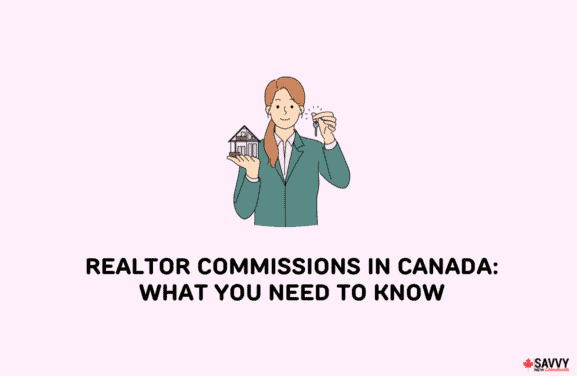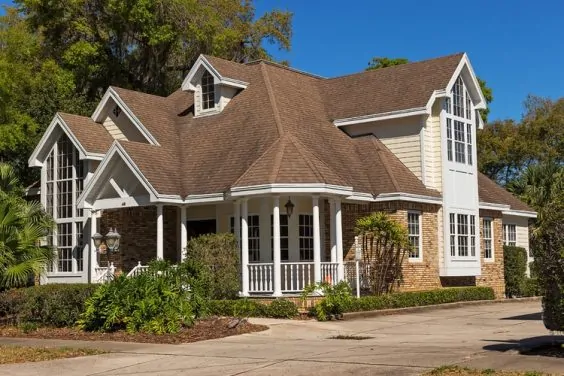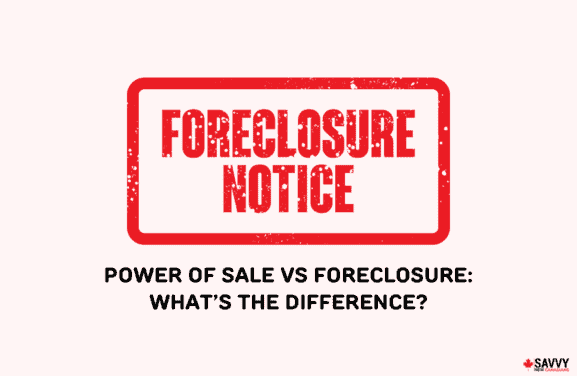It’s been a few months since the Canadian Government legislated the Prohibition on the Purchase of Residential Property by Non-Canadians Act. On January 1, 2023, this Act came into effect in a bid to make homes more affordable for Canadians, especially in highly populated areas.
This Act bans non-Canadians from buying specific residential properties for two years (until Jan 2025). It also includes corporations not listed on any stock exchange in Canada or entities owned by foreign investors.
This article explores what the foreign homebuyers ban entails, who will be affected, the penalty for breaking the law, and whether it will reduce prices in the real estate market.
Key Takeaways
- On January 1, 2023, the Canadian government introduced the Foreign Buyer Act, officially known as the Prohibition on the Purchase of Residential Property by Non-Canadians Act.
- This ban prohibits non-Canadians from buying residential properties with three dwelling units or less.
- However, non-Canadians can be exempted from the ban if they are a diplomat, a refugee, married to a Canadian, or an international student (there are specific requirements you must fulfill).
What is the Bill C-19 Foreign Buyer Ban?
On December 2, 2023, the government legislated the foreign homebuyers ban. The Act and its subsequent Regulations took effect on January 1, 2023.
Non-Canadian buyers won’t be allowed to buy specific properties in Canada for the next two years (until 2025). The ban aims to allow more Canadians to buy homes by limiting foreign competition and increasing the supply of houses.
According to the Act, a residential property is any building with three units or less, including semi-detached houses and condos.
If a person breaks this law, they may be liable for a fine of up to C$10,000. The same applies to any citizen who helps a non-Canadian break the law directly or indirectly. Plus, they may be ordered to sell their residential property.
But there are certain exceptions. For instance, non-Canadians can buy residential properties outside Census Agglomerations (CA) and Census Metropolitan Areas (CMA).
Who Does the Foreign Buyer Ban Apply To?
The ban on foreign homebuyers applies to a person who is:
- Not a Canadian citizen,
- Not registered as an Indian under the Indian Act,
- Not a permanent resident,
- A corporation whose shares aren’t listed on any stock exchange in Canada.
The Act doesn’t apply to Canadians or permanent residents.
Foreign Buyer Ban Canada Update
On March 23, the Foreign Buyer Ban was amended to clarify issues that had arisen and to make new exemptions.
For instance, it clarified that foreign buyers can buy properties for development purposes. However, this may not include buying for the purpose of developing rental properties.
Another significant change was that non-Canadians could also buy Vacant Land set aside for residential use. They can use this land for any purpose.
Also, the Foreign Control Threshold was increased to 10%. Initially, this threshold was set at 3%, but now a company will be deemed foreign only if non-Canadians own 10% or more of it.
Lastly, non-Canadians can buy larger buildings with four or more dwelling units. They can also buy recreational properties such as cottages, cabins, and vacation homes.
Foreign Buyer Ban Canada Exemptions
Following the March amendment, the following individuals are exempt from the ban:
Work permit holders
The amendment stipulated that people with work permits and those authorized to work in Canada can be exempted from the Act. However, you have to prove you have 183 days or more remaining on your work permit — showing that you may want to become a permanent resident.
Also, you can only buy up to one residential home in Canada.
Refugees
Refugees, people fleeing an international crisis or people who satisfy the conditions set under the Immigration and Refugee Protection Act are also exempted from the Act.
Non-Canadians with Canadian spouses or common-law partners
You can buy a residential property with your marriage or common-law partner who’s Canadian.
Temporary residents studying in Canada
International students in Canada who are temporary residents may also be exempted if they meet specific requirements.
For instance, the international student should have spent most of the previous five years in Canada (244 days each year). Also, they are only allowed to buy property up to $500,000.
Diplomats and members of international organizations
The ban doesn’t prohibit foreign states and members of international organizations from buying residential homes in Canada for consular or diplomatic purposes.
What is the Penalty for Breaking the Foreign Buyer Ban?
A non-Canadian who contravenes this Act and buys exempted land directly or indirectly is liable to a fine of up to C$10,000. Besides the fine, the Superior Court of Justice may order the land to be sold under the specified conditions.
If it’s a corporation, the person directly involved in buying the residential property against the law will be prosecuted whether the corporation is convicted or not.
Lastly, Canadians who help foreign buyers get residential properties directly or indirectly may also be liable for a fine of up to C$10,000.
Will Canada’s Foreign Buyer Ban Make Real Estate More Affordable?
According to the government, the Foreign Buyer Act would reduce the prices of residential properties, allowing more Canadians to own a home. Some leaders believe that foreign investors and speculative activities are behind the increase in home prices.
In a government’s press release, Honorable Ahmed Hussen, Minister of Housing and Diversity and Inclusion said, “Homes should not be commodities. Homes are meant to be lived in, a place where families can lay down roots, create memories and build a life together. Through this legislation, we’re taking action to ensure that housing is owned by Canadians, for the benefit of everyone who lives in this country. “
However, most experts believe this is just a political move, not an economic one. Though data regarding foreign buyers is scarce, the Canadian Housing Statistics Program in 2020 shows that non-Canadians are minority residential homeowners in the country. They make up about 2-6% of the housing market.
Brendon Ogmundson, a chief economist at the British Columbia Real Estate Association, is among those unconvinced by the move.
In a CBC interview, Ogmundson said, “A lot of the public has been convinced over the last few years that it’s foreign investors and foreign money that are driving home prices, rather than what’s actually doing it: low interest rates and very low supply.”
Real estate experts and economists also cautioned that New Zealand hasn’t reaped any benefits by banning foreigners from buying property in 2018. In 5 years the number of foreign buyers has dropped from 2.9% to 0.4%, yet residential properties prices continue to grow.
“If you’re looking for evidence that the foreign buyers’ ban in New Zealand did anything to the housing market, you will find literally nothing,” Brad Olsen said in the same CBC article. He is a principal economist and director at Infometrics in Wellington, New Zealand.
“It smacks of — exactly like in New Zealand — a real big political focus that makes a big splash and everyone gets quite excited … We proffered at the time [of New Zealand’s ban] that nothing would change, and nothing did,” he added.
FAQs
Non-Canadians are banned from buying residential buildings with three dwelling units or less. This ban started on January 1, 2023, and will end on January 1, 2025.
There are several exemptions from this ban if you’re a non-citizen. You can buy one residential home if you’re an international student, foreign worker with a work permit, or refugee who meets the set requirements. You can also buy a residential home if your marriage spouse or common-law partner is exempted from the ban.
The NRST tax applies to non-Canadians and non-Canadian corporations buying residential properties in Ontario. Effective from October 5, 2022, the tax rate is 25%. Non-Canadians also have to pay a property tax of 1% on vacant homes or underused residential properties in Canada.
The average age to buy a first home in Canada is 36. House prices have soared, and many Canadians need around five to ten years to afford a down payment for their first house.
Related:



